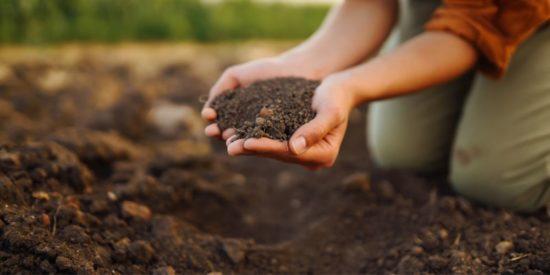Explained: How Soil pH Can Affect Plant Growth
Gardeners, paddock caretakers, and lawn enthusiasts alike spend countless hours ensuring the perfect growing conditions for their grass and plants. But there’s more to thriving plants than moisture levels, access to light, and removing weeds; an often-overlooked and vital element for an outdoor area is soil fertility - specifically, soil pH.
Creating productive paddocks, lush lawns, and flourishing flower beds takes more than regular watering and luck. Understanding and managing the pH of your soil is crucial to keeping your plants, including grass, growing successfully.
What is soil pH?
The alkalinity or acidity of any substance can be measured using the pH scale, with a high pH (over 7) being acidic, and a low pH (below 7) being an alkaline. It’s a common belief that you should aim for a pH of 7 in your garden or paddock - which is deemed to be a neutral pH - but that’s not the case.
In fact, all plants respond differently to varying pH levels, with plants such as hyacinths, sweet peas, and spinach doing well in alkaline soil, rhododendrons, magnolia, and blueberries enjoying acidic soil, and plants such as fern and asparagus preferring to be closer to a neutral pH. The optimal pH range for grass is 6.5, which is slightly alkaline.
How does soil pH affect plant growth?
At best, plants grown in pH conditions that are not ideal for them won’t thrive; this may become apparent through discolouration, slow growth, and withered tips. At worst, plants will decline and eventually die due to the absence of crucial plant nutrients.
While you could adapt your plant layout to suit the pH conditions of your soil, there are ways to change the pH of your soil to better suit your plants and paddocks. To do this, you’re going to need to test your soil to check its current pH status.
How do I test my soil pH levels?
Our easy-to-use soil analysis kits give complete clarity on not just the pH level of your soil, but also which nutrients it may be lacking. Stop guessing what your plants need; buy your soil testing kit today to find out exactly what you need for your garden or paddock.





